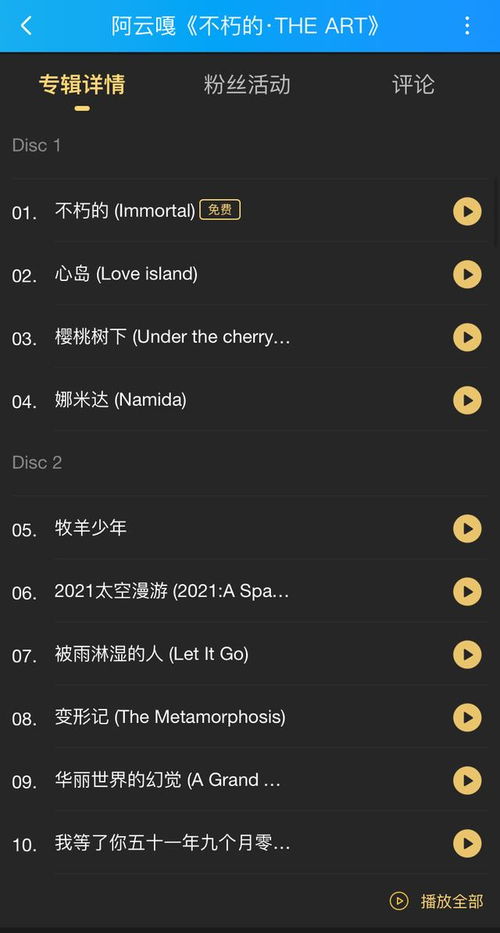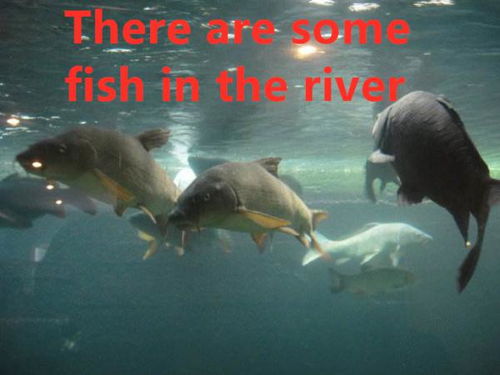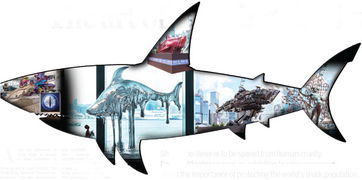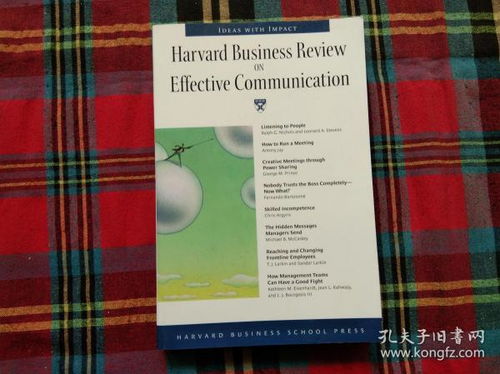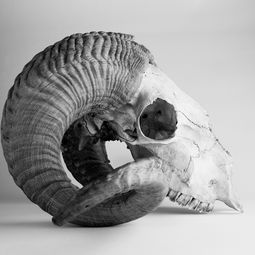Introduction:
Fishing, an age-old pastime, offers a serene escape from the hustle and bustle of daily life. Among the various fishing locations, a tranquil pond can be a haven for anglers seeking solitude and a chance to connect with nature. Whether you are a seasoned fisherman or a beginner, mastering the art of pond fishing requires a blend of技巧 (skills) and experience. In this article, we delve into the essential tips and insights that will help you become a proficient pond fisherman.
Choosing the Right Pond:
Research the Pond: Before setting out, research the pond to understand its fish population, size of the fish, and the type of fishing techniques that are most effective. Check local fishing forums or ask local anglers for recommendations.
Location, Location, Location: Look for a pond that is less crowded and has a variety of fish species. A well-maintained pond with clear water and a good supply of food is often more productive.

Seasonal Considerations: Fish behavior changes with the seasons. During the spring, fish are more active, and during the summer, they may be more shallow. In the fall, fish may move deeper, while in the winter, they may be more difficult to catch.
Essential Equipment:
Rod and Reel: Choose a rod and reel that are appropriate for the type of fish you are targeting. A light-action rod is suitable for panfish, while a medium-heavy action is better for larger species.
Line: Use a line that matches the size of the fish and the type of fishing you plan to do. Monofilament is a versatile choice, but fluorocarbon or braided line can be more effective in certain situations.
Lures and Baits: Stock up on a variety of lures and baits that are known to work in your chosen pond. Live bait can also be effective, but make sure it is legal and sustainable.
Techniques for Pond Fishing:
Patience is Key: Pond fishing requires patience. Fish may not bite immediately, so be prepared to wait. Stay focused and be ready to cast when the opportunity arises.
Presenting Your Bait: Pay attention to how you present your bait. The speed and depth at which you retrieve a lure or the way you present a bait can make a significant difference in your success rate.
Reading the Water: Observe the water for signs of fish activity. Look for fish rising, splashing, or following the bait. This can give you clues about where to cast.
Adjusting Techniques: Be flexible and willing to adjust your techniques based on the conditions and the fish's behavior. If you're not getting bites, try changing your lure, bait, or fishing location.
Experience and Learning:
Practice Makes Perfect: The more you fish, the better you will become. Each trip offers new opportunities to learn and refine your skills.
Keep a Journal: Keep a record of your fishing trips. Note the conditions, the techniques you used, and what worked and what didn't. This will help you improve over time.
Seek Advice: Don't hesitate to ask more experienced anglers for advice. They can provide valuable insights and tips that can help you improve your fishing skills.
Conclusion:
Pond fishing can be a rewarding and enjoyable activity for anglers of all levels. By understanding the essential tips and drawing on your experience, you can increase your chances of success. Remember to respect the environment and practice ethical fishing. With time, patience, and practice, you'll be well on your way to becoming a skilled pond fisherman. Happy fishing!
